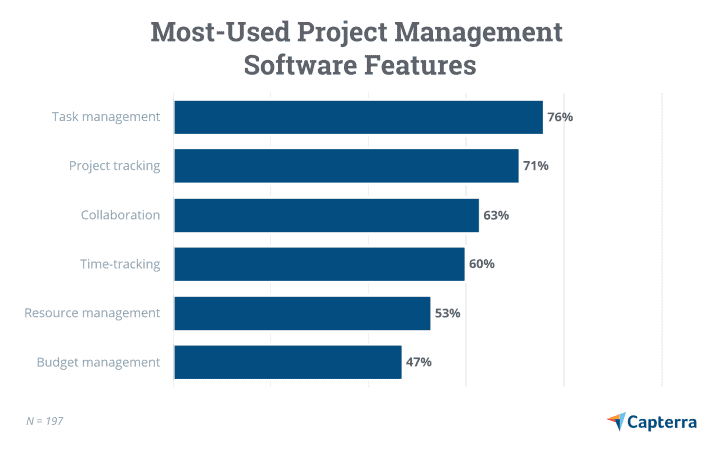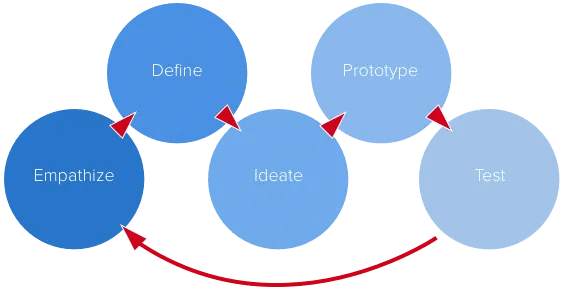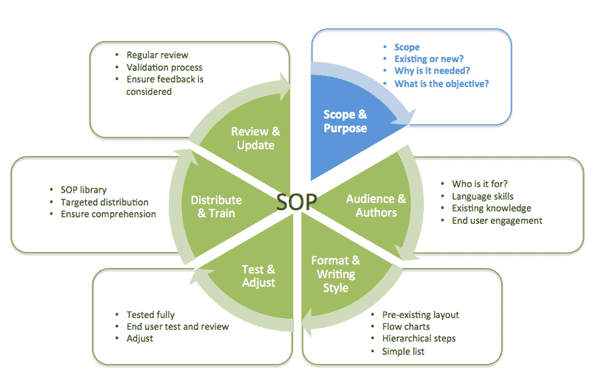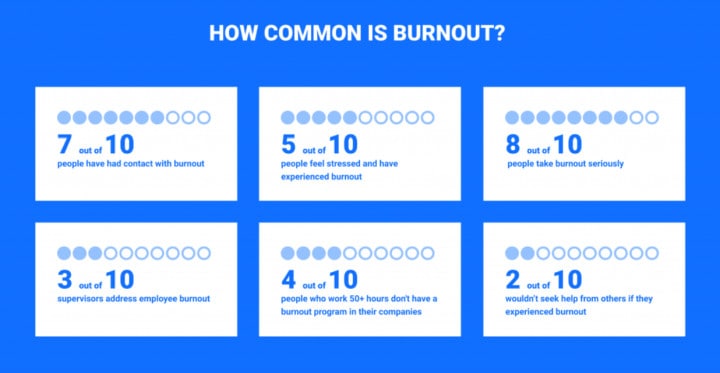Project teams that meet deadlines consistently are able to deliver projects on schedule.
A PwC study found that only 2.5 percent companies were able to complete 100% projects project successfully. Often failure was caused by not completing projects on time.
The end result was budget overruns, let-down stakeholders, and a demoralized team.
If you can relate to that, you’re not alone. Establishing schedules and struggling to meet deadlines at work are prominent issues for plenty of project teams.
For those reasons, it’s so important to make sure that you have robust tools and systems in place to help keep deliverables on track.
So how do you ensure your team stays on track to meet project deadlines? Here are 5 ways to help you set realistic deadlines and achieve them.
Tip #1: Use A Project Planning Tool
It’s always surprising to see that some organizations still stick to conventional methods for deadline management.
Email, spreadsheets, and sticky notes plastered on desks and PC monitors are things of the past, and they’re certainly not the best ways to work on projects and remain efficient in this day and age.
It’s best to use project management software. Using a project management tool has the following advantages:
- Capture, prioritize, and organize project activities.
- Plan and meet deadlines
- Keep everything about your project in one place.
- Plan and track team tasks.
- Manage team workloads better.
According to Capterra, task management and project tracking are the most used features in project tools.

Plenty of organizations are seeing how project management solutions are contributing to the importance of meeting deadlines.
PMI’s Pulse of the Profession claims that 61% of organizations that utilized project management solutions accomplished their projects on time. On the other hand only 41% of organizations without a project management software did.
Project planning tools are key to reduce stress and improve outcomes. It eliminates clunky spreadsheets and communication hold-ups. Say hello to a more organized project pipeline where your employees know what’s the next assignment and how to accomplish it: the ultimate answer to how do you ensure your team stays on track to meet project deadlines.
Tip #2. Avoid Procrastination
How many times have you or your team members fallen victim to the words “I’ll do it later?”
It’s a common line when you’re struggling to meet deadlines at work, and we don’t blame you for it. Usually, we get a distorted picture of time at the beginning of a project.
When MicroBiz Magazine surveyed over 1000 adults, over 70 percent admitted to procrastinating work. And over 40 percent put off work almost every day.

When the deadline feels far away, it’s easy to be complacent and defer jobs until later. That often leads to rushed tasks towards the end of the project’s timeframe.
That’s definitely not the right way to go. If it makes sense to get started right away and tick off some tasks, then go ahead and do it.
If it helps you can also set up milestones in your project plan to break down a larger project into smaller phases. Try out some different approaches to see what’s right for you; these are simply suggestions, and everyone works differently.
Tip #3: Start With A Prototype
If you’re struggling to meet deadlines at work, why not try producing prototypes?
A prototype is a way to give your ideas a physical presence.
It’s the perfect way to jumpstart a task, so that you know what to improve and concentrate on during the early stages of your project.
Prototyping often starts as a skeleton for a task. It could be a sketch, wireframe, or mockup.
It could be an outline for an article, a backbone for a presentation in front of stakeholders, a preliminary design for a new logo or some drafted strategies for a marketing campaign.
Traditionally prototyping is a 5-step process — from understanding the problem to gathering feedback.

Early feedback during the starting phases of your project will help you ensure you’re on the right track before investing more time.
Tip #4: Create Standard Operating Procedures
Running a business has its fair share of challenges.
Faults or inefficiencies in your operations, systems and processes can be linked to a lot of those problems & challenges. Struggling to meet deadlines at work is one of them.
That’s where Standard Operating Procedures can help.
Standard Operating Procedures (SOPs) are detailed written instructions to achieve uniformity of the performance.
Using SOPs, work can be done in a consistent and efficient manner. This in turns help you complete tasks on time.

Following steps are involved in creating SOPs:
- Define scope and purpose
- Identify the audience
- Decide on a format and writing style
- Test and adjust
- Distribute the SOP and provide training
- Get feedback and update accordingly
For instance, you can maximize features of a project management software by creating SOPs on how to update project information.
In this day and age, it’s essential to use innovative software solutions to maximize your efficiency at work.
Tip #5: Avoid Scope-creep
We often take up more work than we can do.
Especially when starting a role in a new team, we feel the need to impress, and overachieve. This leads to continually taking on more tasks, until reaching burnout.
Burnout is fairly common, with 7 out of 10 employees having suffered at least some form of burnout.

The additional assignments on top of your existing workload often won’t be feasible, and can lead to not only missing the new deadlines, but missing older ones too — or at least reducing the quality of work.
Don’t overestimate your capabilities.
Learn to reject tasks that might derail you from what you’re currently working on. It might not feel so great to say “no,” but at least you’ll have your deadline management in check and improve your punctuality when it comes to delivering outcomes.
Burnout can be prevented by learning to say “No” and keeping healthy habits.
Don’t Let Deadlines Affect Your Mental Health
A deadline might feel like a ticking time bomb, but it doesn’t always have to be this way.
With a sensible mindset and the appropriate processes, you can improve deadline management.
- Use project planning and management tools to keep track of your work and prioritize deadlines.
- Avoid putting off tasks until the last minute. Start as early as possible to meet deadlines.
- When dealing with new or complex tasks, start by creating a prototype. Get feedback so it’s not too late to change tracks.
- Create and follow standard operating procedures for repeating tasks to improve efficiency and consistency.
- Learn to say “No” and avoid scope-creep.
Follow these tips and watch your output soar upwards along with your ability to meet deadlines.
Jitesh is an SEO and content specialist. He manages content projects at Toggl and loves sharing actionable tips to deliver projects profitably.
![10 Top Timeboxing Apps for 2024 [Full Comparison]](images/timeboxing-app-673x404.jpg)

